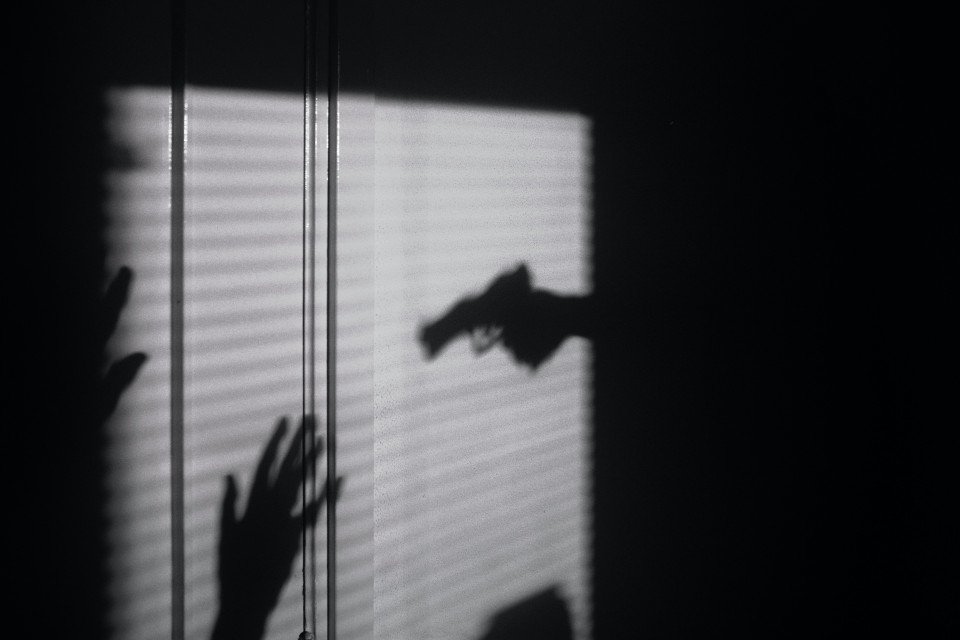Gen Z more likely to report mental health concerns
WRITTEN BY HIRA KHAN
The latest APA Stress in America Survey focuses on the concerns of Americans ages 15 to 21
High-profile social challenges ranging from gun violence to immigration and sexual assault are causing significant stress among America's youngest adults (aged between 15 to 21). A 2018 survey by the American Psychological Association on Stress in America reveals that mass shootings are one of the most significant sources of stress, promoting mental health issues.
Stress is an inevitable factor in adults' lives, and coping mechanism differs with personality. According to this survey conducted online by The Harris Poll on behalf of APA in 2018, American youngsters are more stressed than the aged adults.
"...75 percent of Gen Z members said that mass shootings are a significant source of stress..." the report reveals.
Gen Z members are also more stressed about issues like the separation and deportation of immigrant and migrant families and sexual harassment. The report reveals that 57 percent of Gen Z vs. 45 percent of all adults reported immigration as a significant source of stress. In comparison, 53 percent vs. 39 percent reports sexual harassment and assault as stressing factors in daily life.
These headline factors are even likely to promote mental health issues. According to the survey, 27% of American youngsters are more likely to report their mental health as fair or poor, an average higher than the millennials 15% and Gen Xers 13%. Plus, the young generation is 37%, along with millennials 35% likely to report receiving treatment or therapy from a mental health professional, compared with 26 percent of Gen Xers, 22% of baby boomers, and 15% of older adults.
"Current events are clearly stressful for everyone in the country, but young people are really feeling the impact of issues in the news, particularly those issues that may feel beyond their control," said Arthur C. Evans Jr., Ph.D., APA's chief executive officer. "At the same time, the high percentage of Gen Z reporting fair or poor mental health could be an indicator that they are more aware of and accepting of mental health issues. Their openness to mental health topics represents an opportunity to start discussions about managing their stress, no matter the cause."
Photo by Maxim Hopman
91% of American young adults (9 in 10 Gen Z members) even mention having experienced at least one symptom of stress, with 58% voicing feeling depressed or sad and 55% revealing losing interest and motivation. Only half of all Gen Zers feel like they do enough to manage their stress. But that's not the least of it.
Overall, personal debt, money, work, housing inability, and inability to cover food costs topped the list of significant stressors in American's lives. The survey statistics show that 64% of adults reported having money and work problems. 33% had personal debt challenges. 31% were unable to afford a house, and 28% cited hunger and not getting enough to eat as additional stressors.
Nevertheless, the report found that over the past years, there continues to be an increased tolerance for stress across all generations, with average stress tolerance rising from 3.7 in 2017 to 3.9 in 2018.
More than 62% of Americans (6 in 10 persons) voiced the political climate as a significant stressor. 69% of the adult population reported that the nation's future causes them stress, an increase from 63% in 2017. 61% of Americans disagreed the country is on a path to being stronger than ever. This concern has caused nearly half (47%) of the population to engage and support movements and principles they value.
To top it all, the survey found that 35% identified bullying as a source of stress. Among the American adults, 24% hold discrimination as a significant stressor, a statistic which, when evenly distributed, reveals an average of 46% black adults and 36% of Hispanic adults, as opposed to the 14% of white adults. ◼︎

